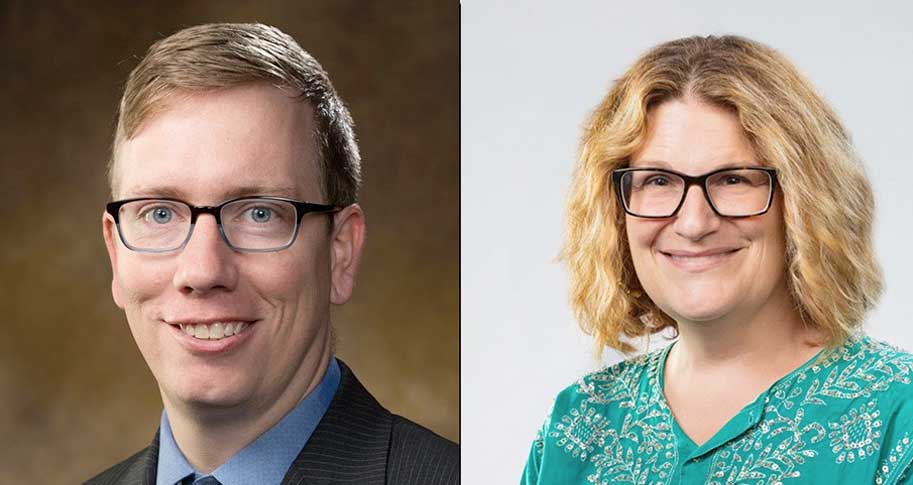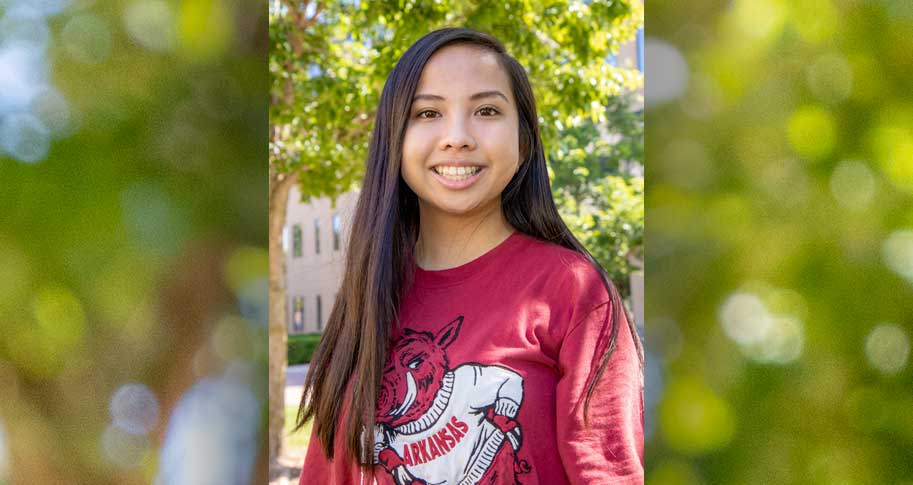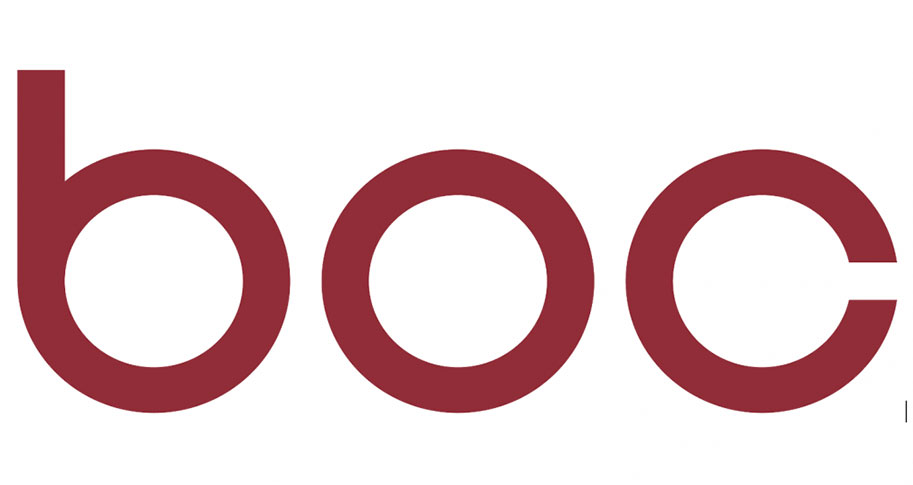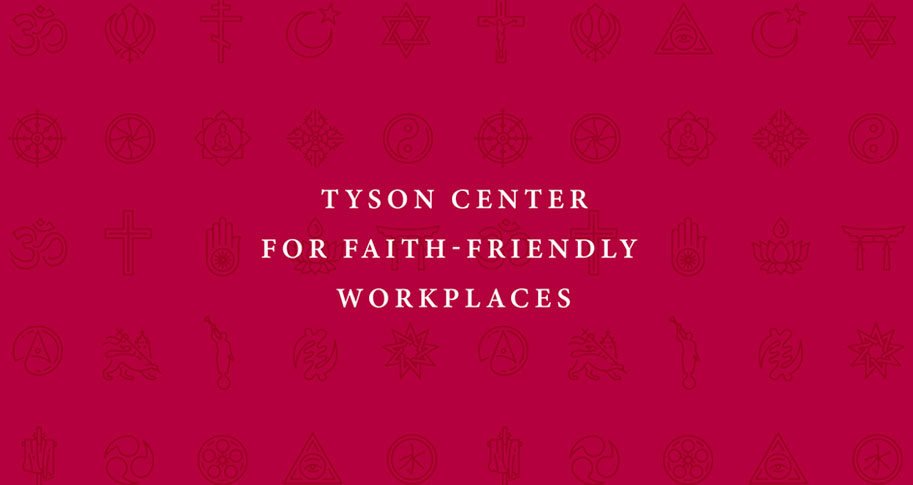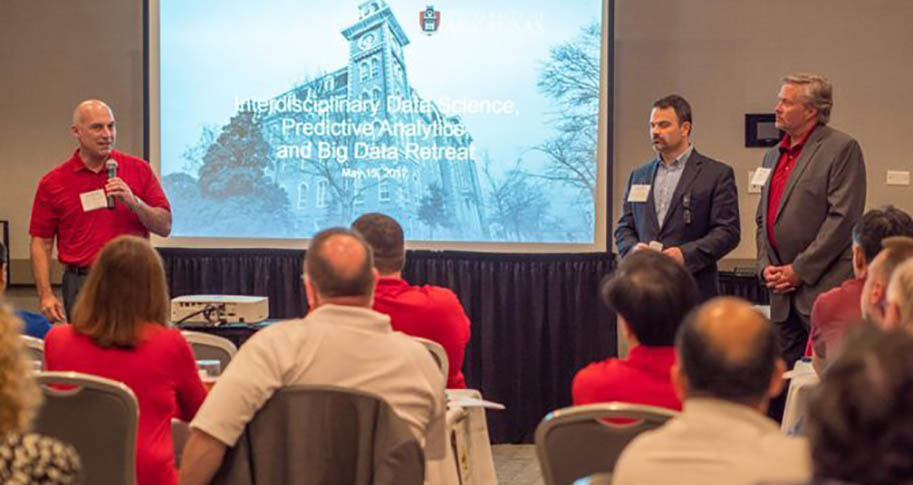
The deans of the College of Engineering, the J. William Fulbright College of Arts and Sciences and the Walton College convened a summit of more than 50 University of Arkansas data
scientists and researchers to plot new directions that will produce breakthroughs
in the field.
“Bringing people from different disciplines together to tackle problems often leads to innovative approaches and solutions,” said Jim Coleman, U of A provost. “I look forward to working with the deans as they take this approach to create momentum around data science, predictive analytics and big data so we can begin to forge partnerships across the university to produce breakthrough research.”
On May 15, the deans convened the Interdisciplinary Data Science, Predictive Analytics and Big Data Retreat in downtown Fayetteville.
“Big data” refers to extremely large sets of information that offer new insights into concepts and problems – but that are so big that they require much larger and more advanced computer software, hardware and networks systems to analyze the information. Research opportunities fall on both sides of the line: How can the data sets be better used? And how can better tools for analysis be designed?
Dean Todd G. Shields of the Fulbright College, Dean John R. English of the College of Engineering and Dean Matthew A. Waller of the Walton College laid out the plan for the day, emphasizing action and speed in identifying areas of collaboration.
The meeting then divided into a dozen small interdisciplinary groups, sorted according to interest areas and expertise.
“The small groups had the opportunity to create rough-cut research,” Shields said. “They talked about how to describe various interdisciplinary projects, their purpose, why they are important to the work we all do and strategies that will help to achieve it.”
English emphasized the importance of action over perfection. “Our focus was on progress,” he said. “The goal was to get something down – not for it to be perfect the first time out. Everything will be placed in what we are calling a discovery document to share with the provost.”
Waller was impressed with the work of the small groups. “We believe that this kind of work around data science, predictive analytics and big data – what the deans are calling DPB – can set our institution apart in this exciting area of study,” he said.
The results of the meeting will be shared across campus with other colleges to make sure all areas benefit from breakthroughs made as a result of the conference.
“I’ve never seen such enthusiasm around a single research topic,” Waller said. “We know this will ignite an opportunity for stronger research collaboration across campus.”
The deans said they knew that research into many different data topics was taking place throughout the university but quickly realized that researchers in different colleges didn’t always know what others across the university were working on.
“We see the worlds of the internet of things and data science merging because the scientists need data the internet can provide,” Shields said. “In addition, we see the health care sector being led by data science and big data.”
English said bringing these researchers together was the first step. “We wanted to reach out to do things in a new way, to do things in a concentrated direction,” he said. “We are making a road map to what we can do in the future.”

